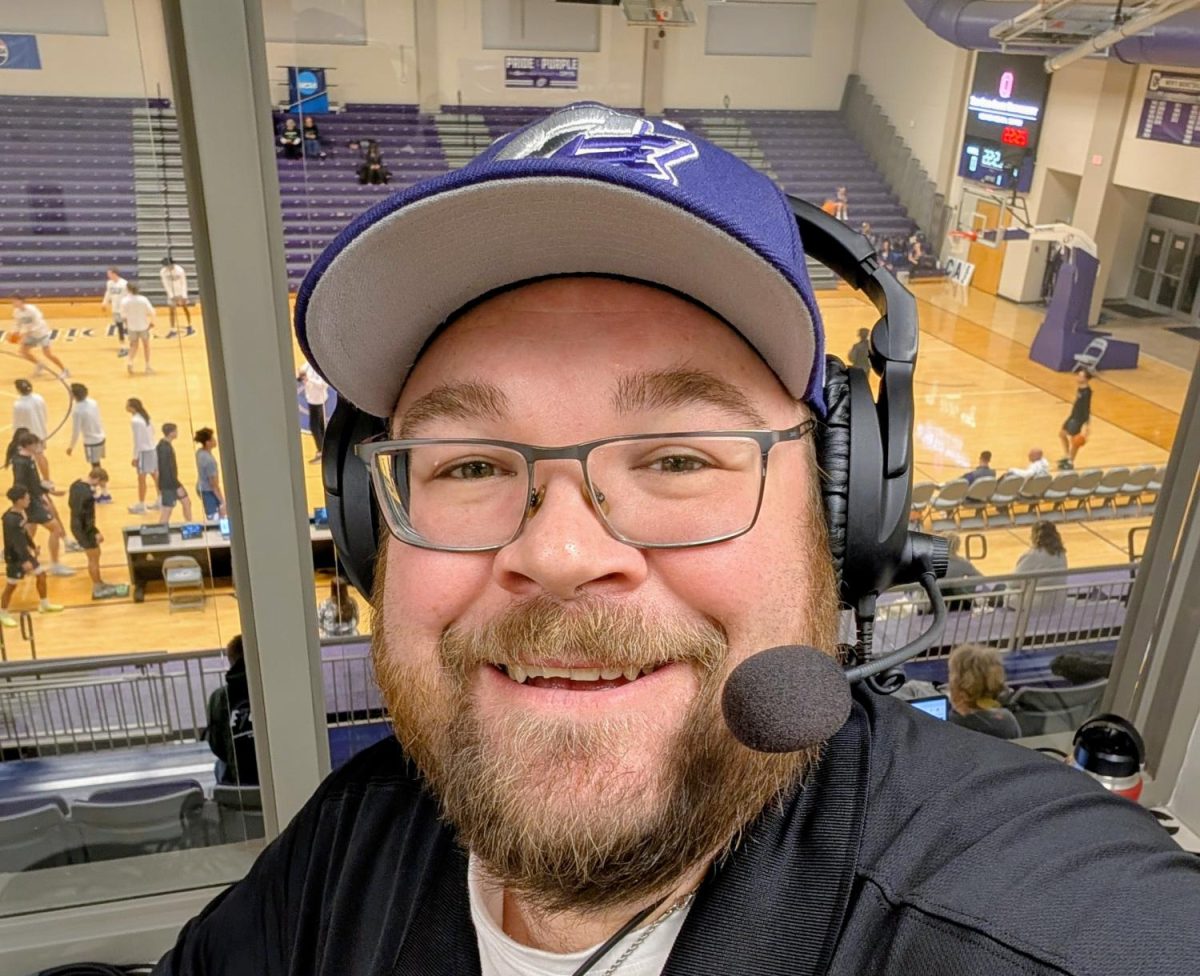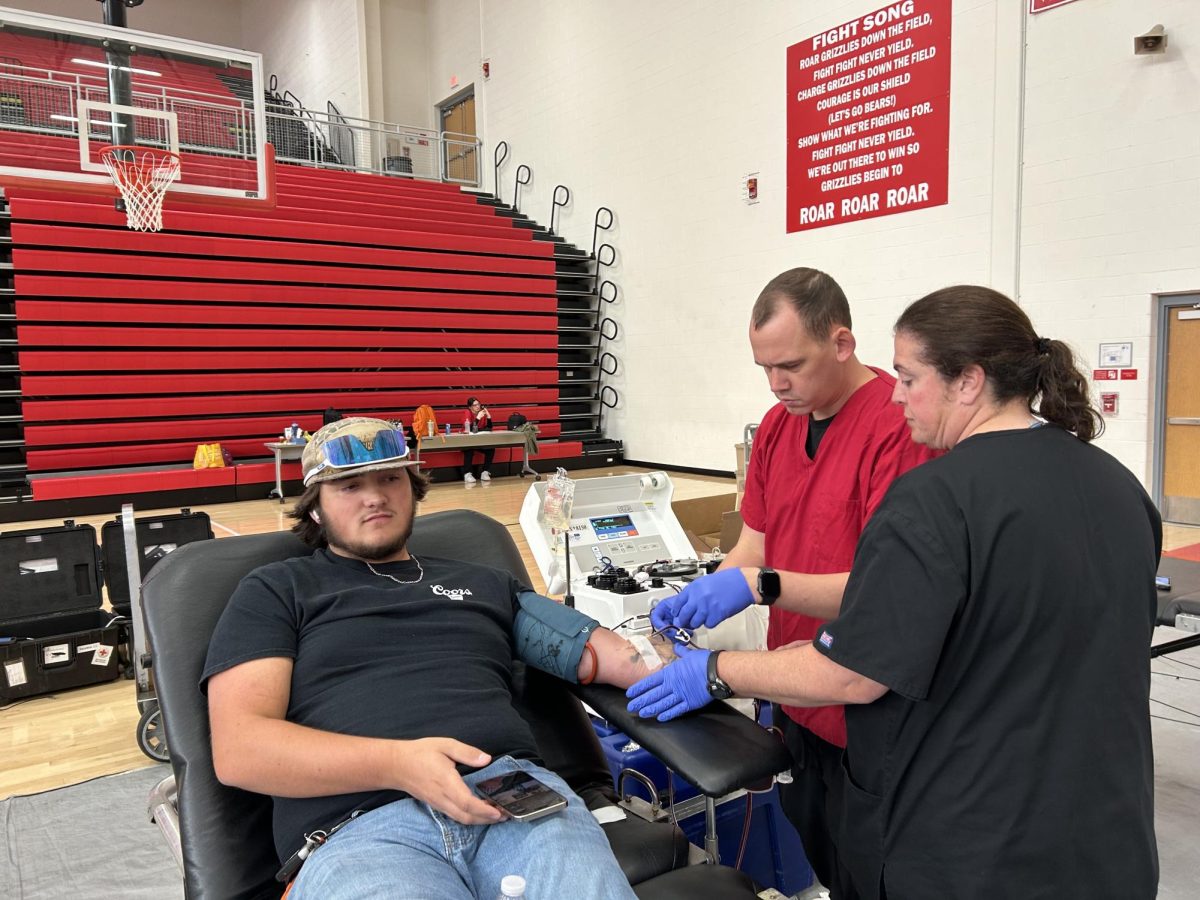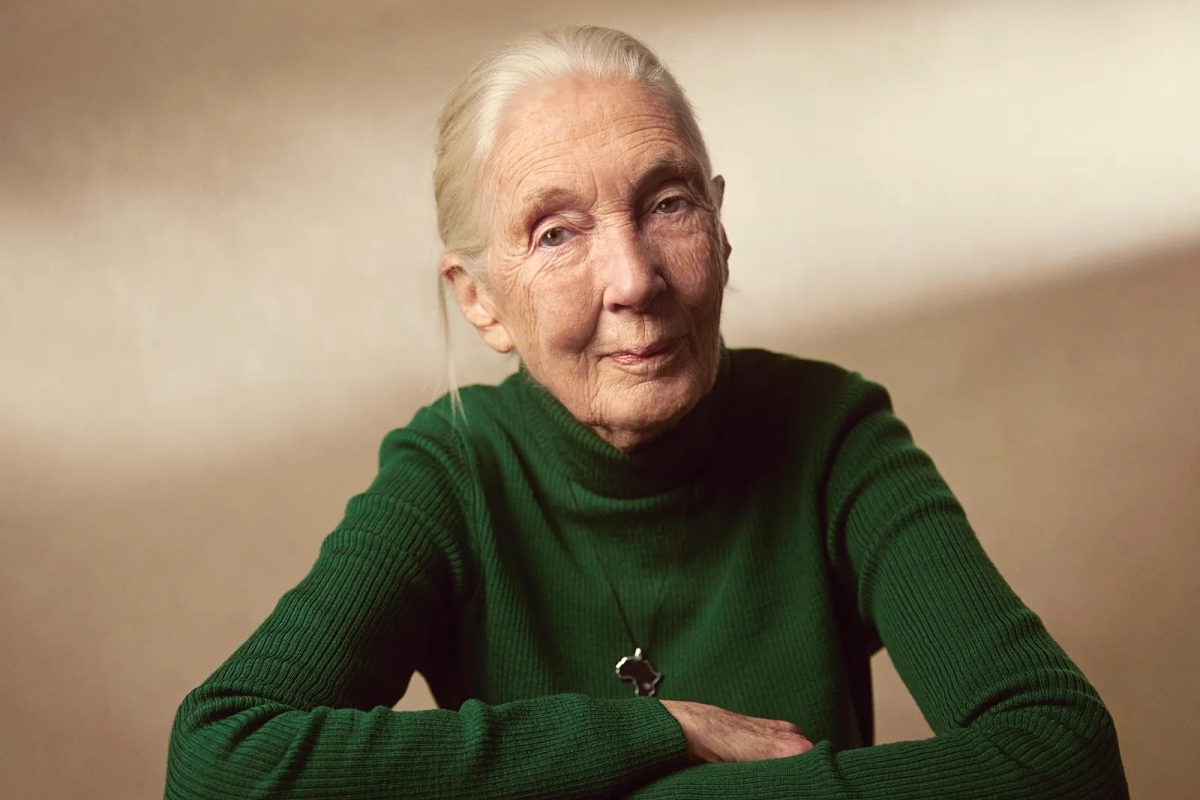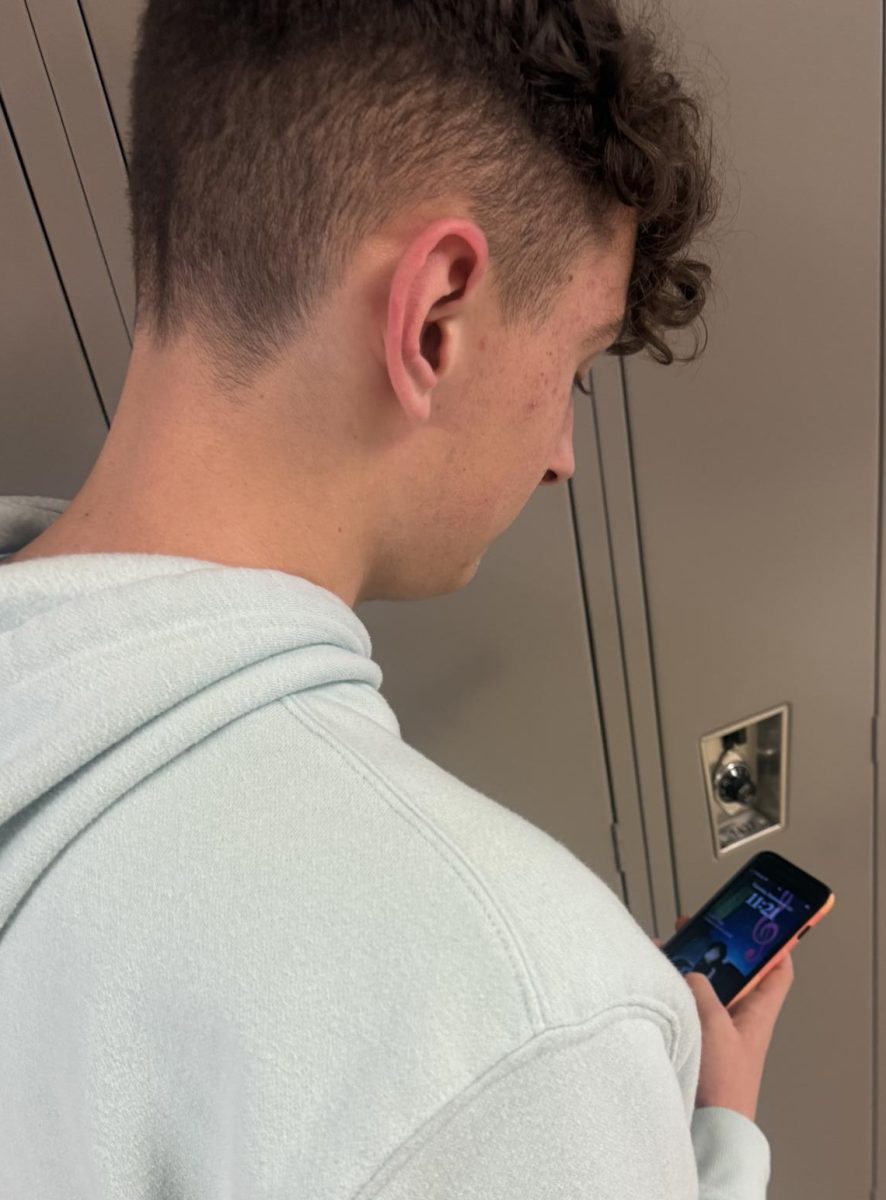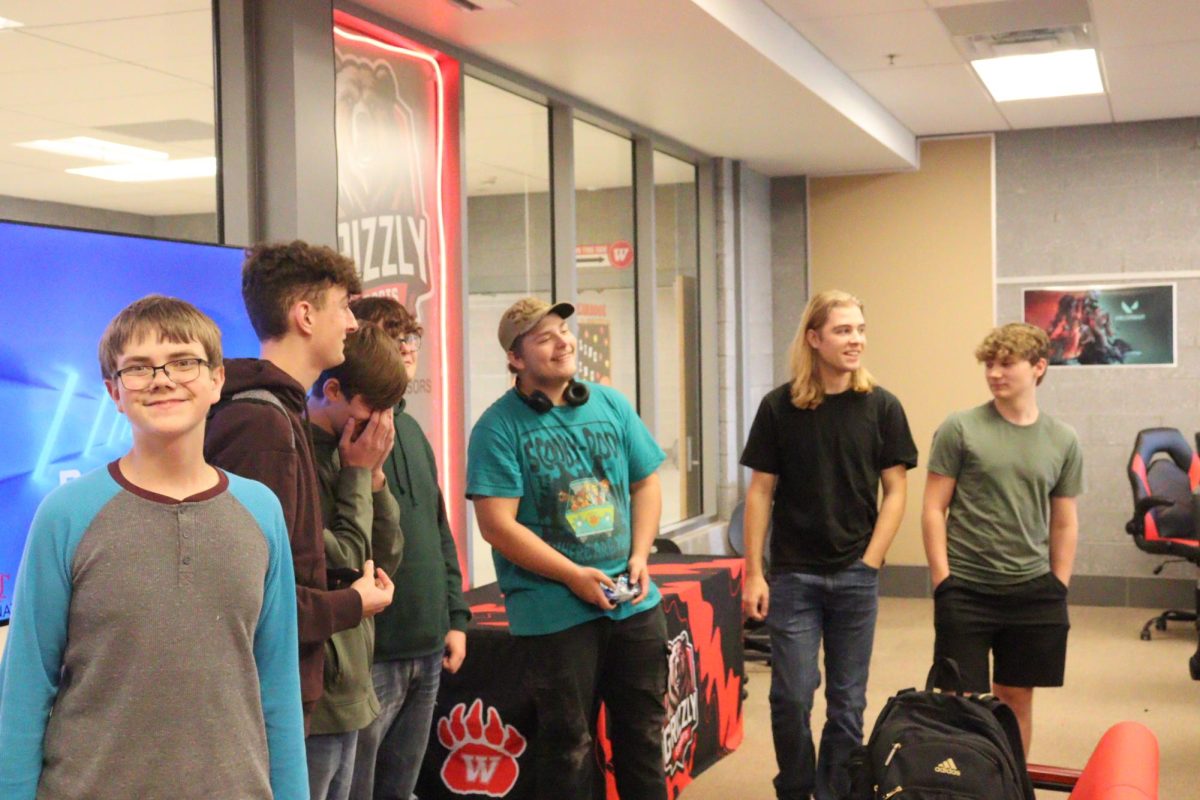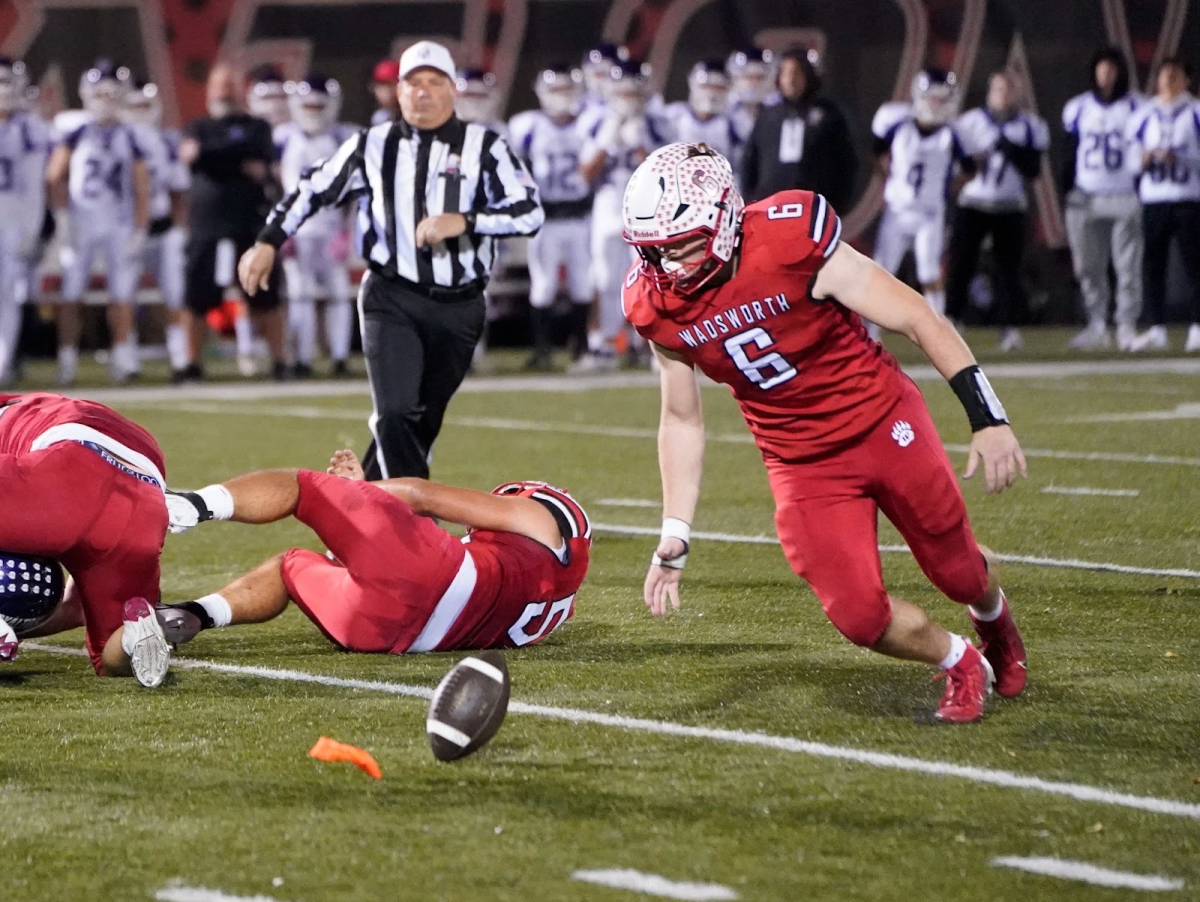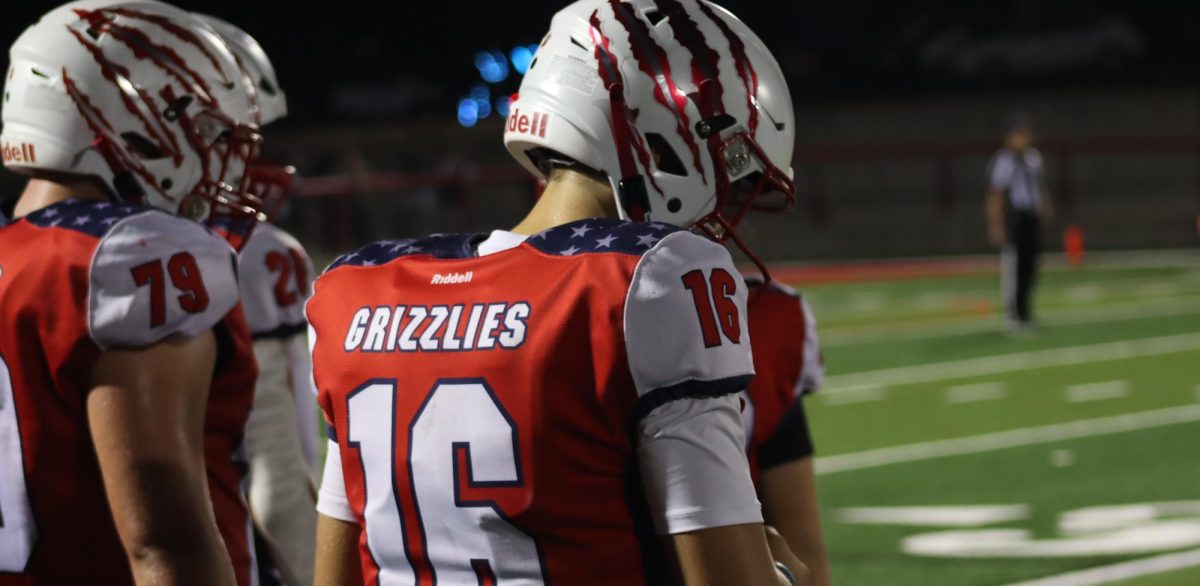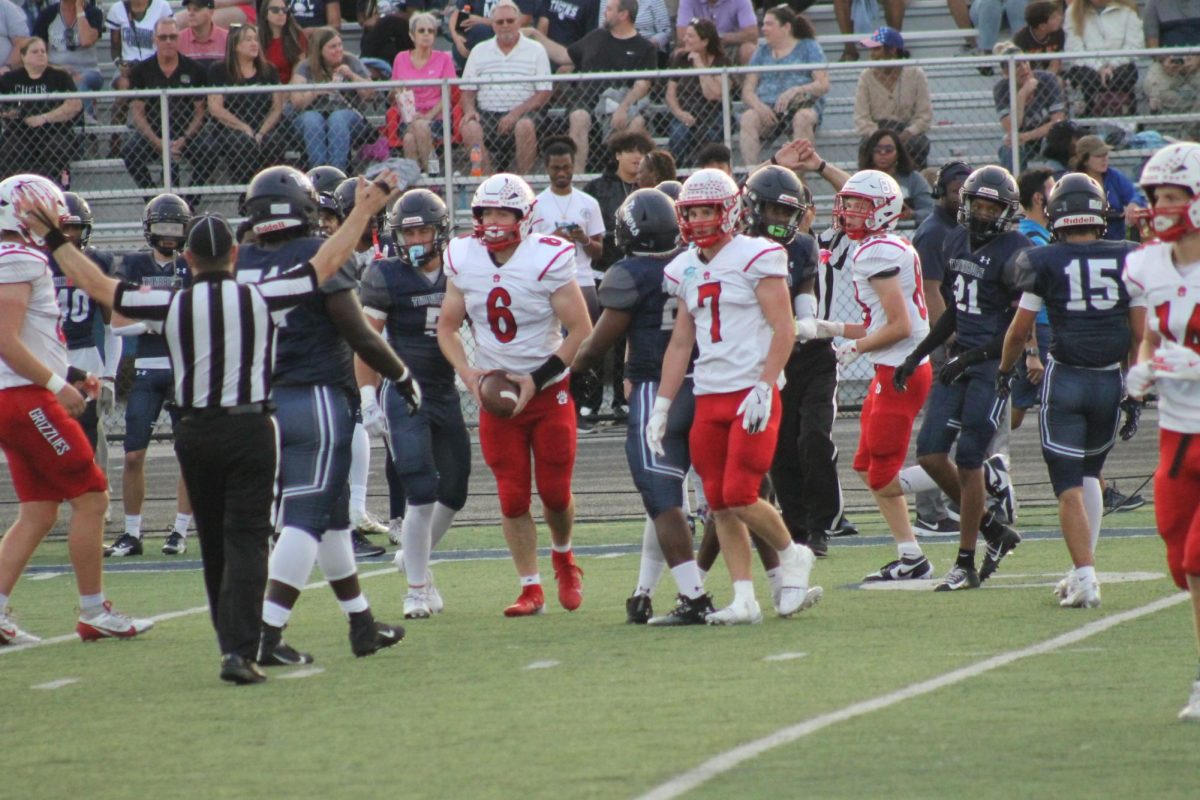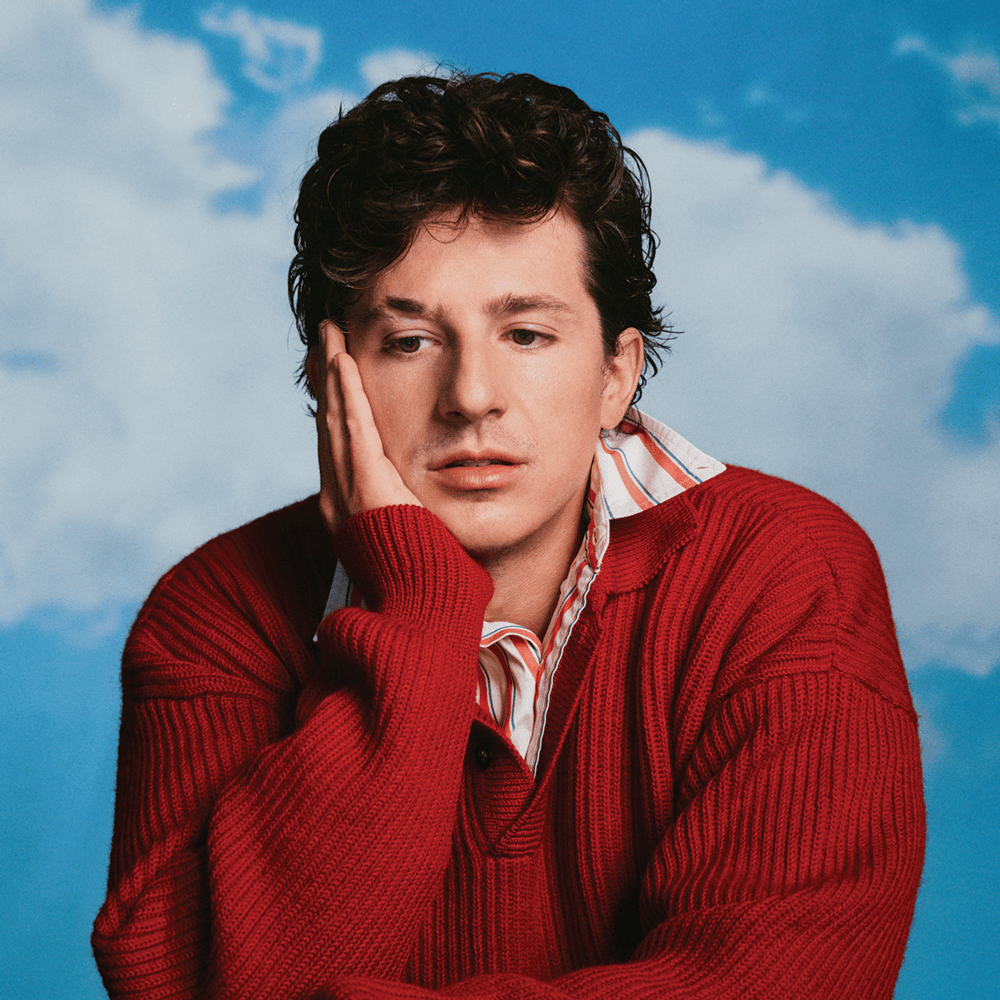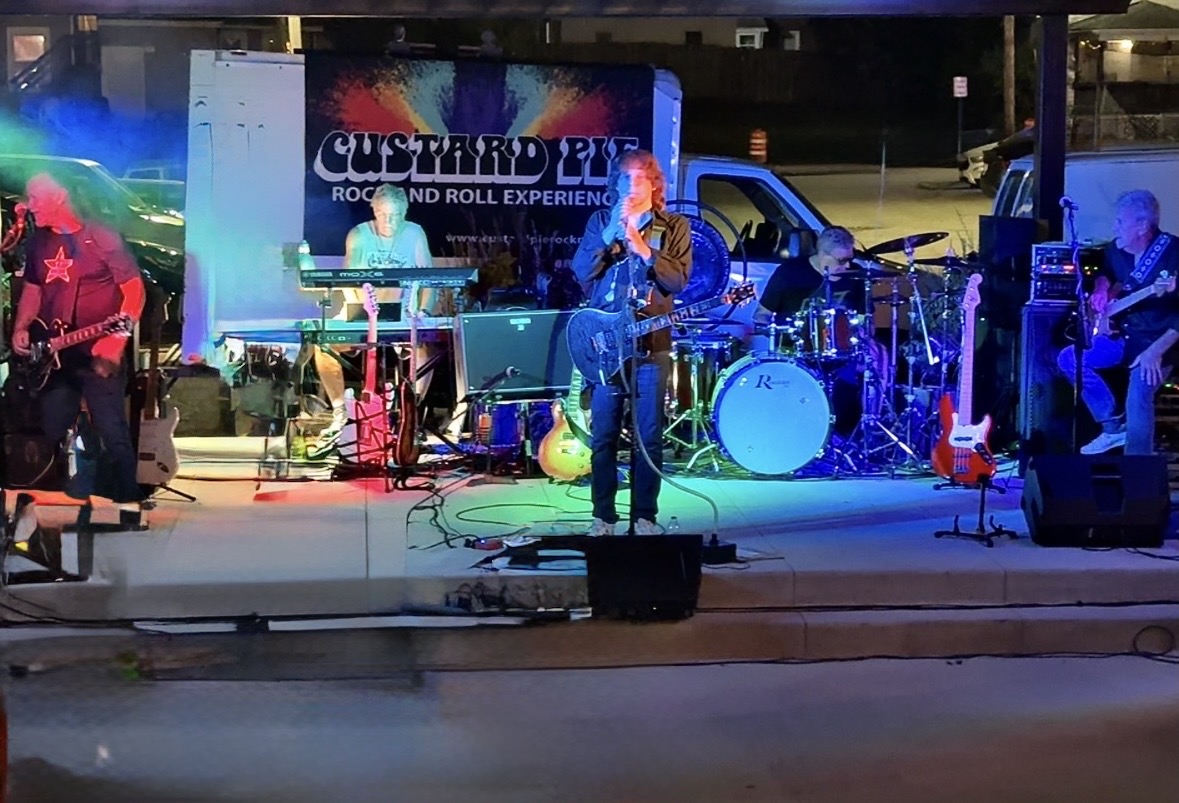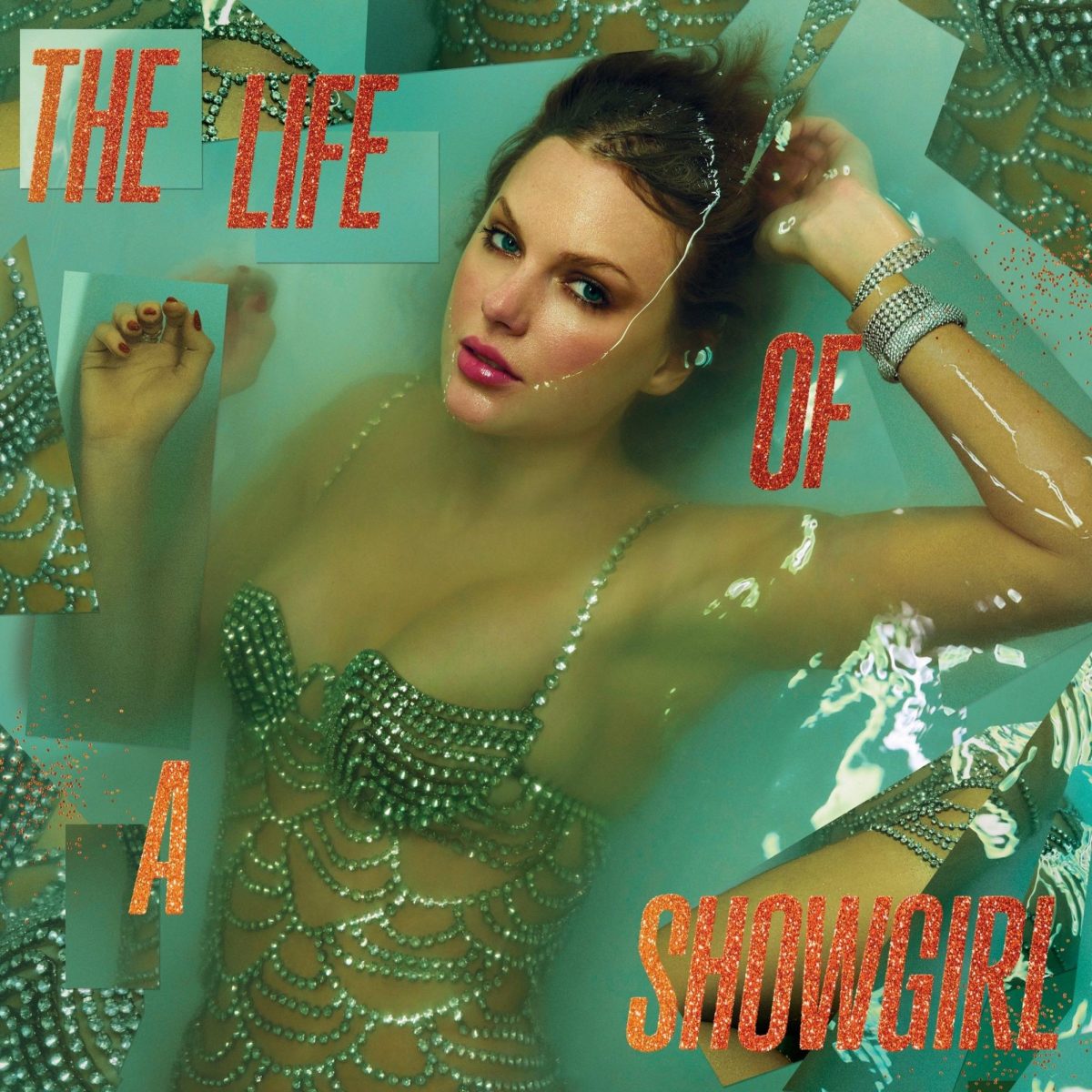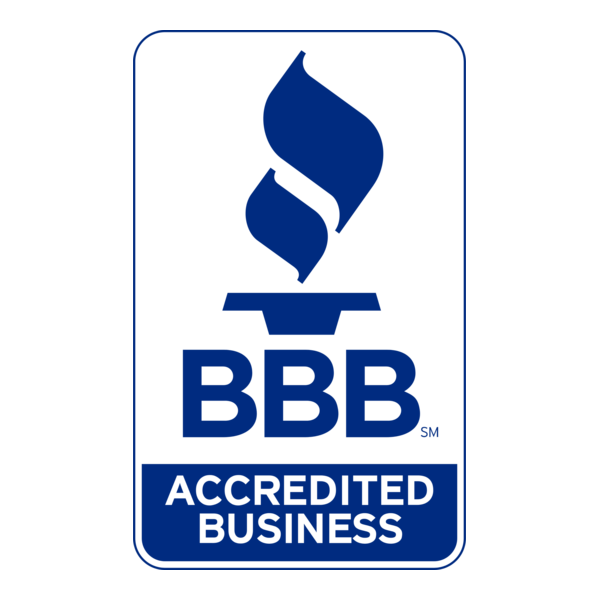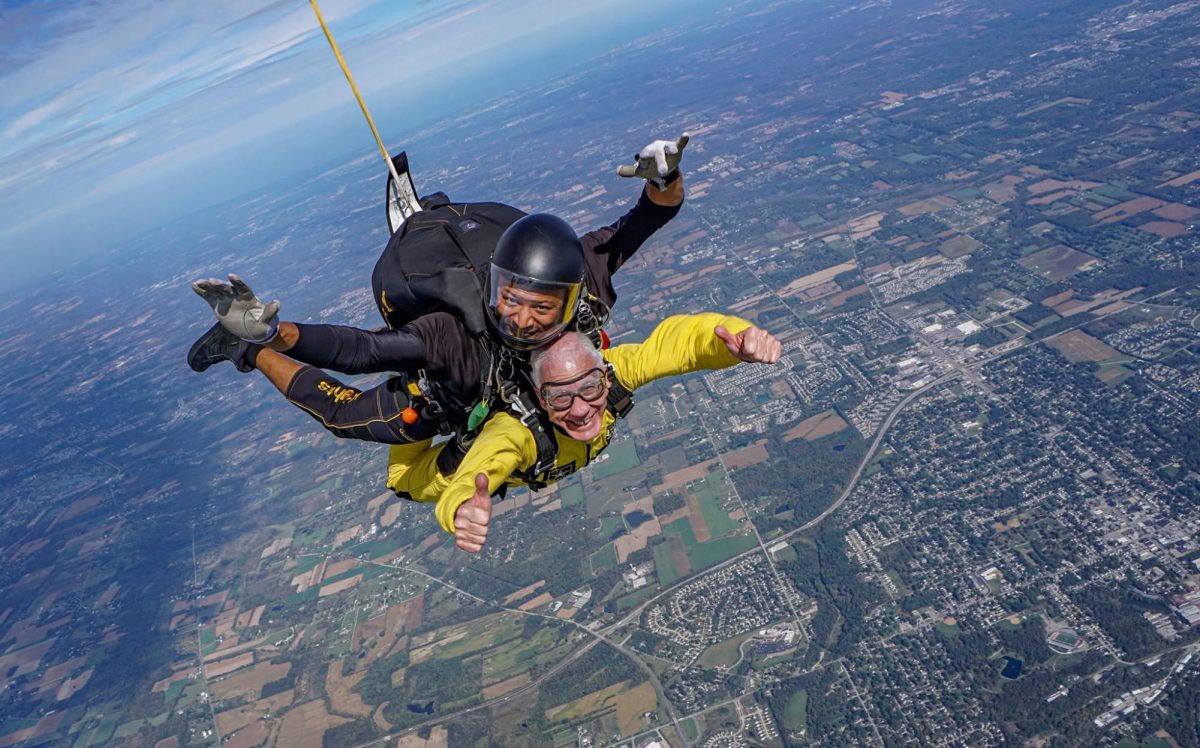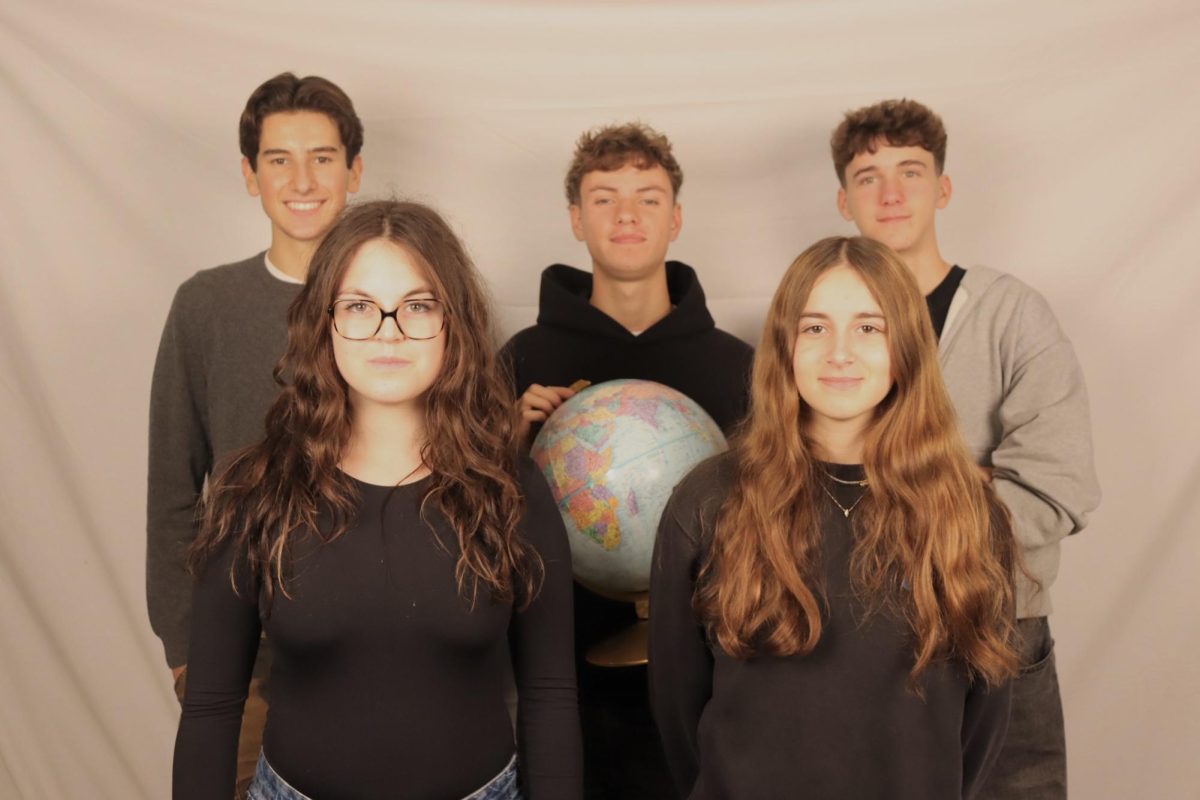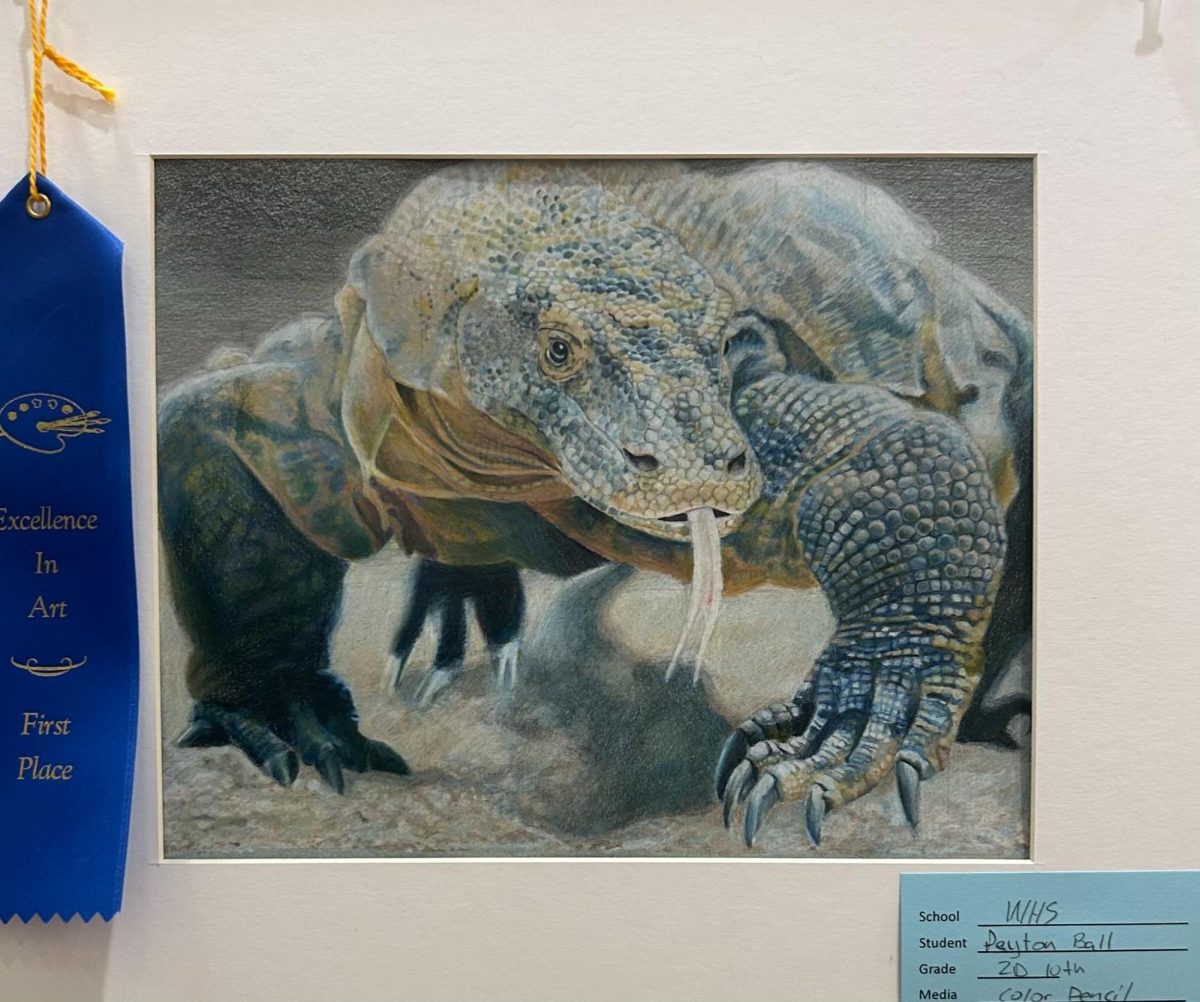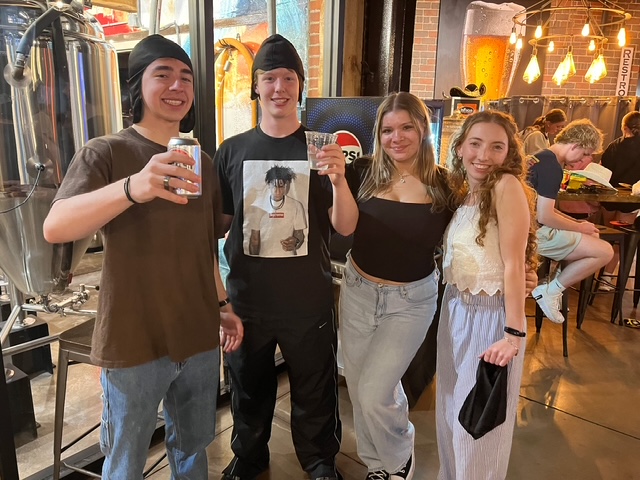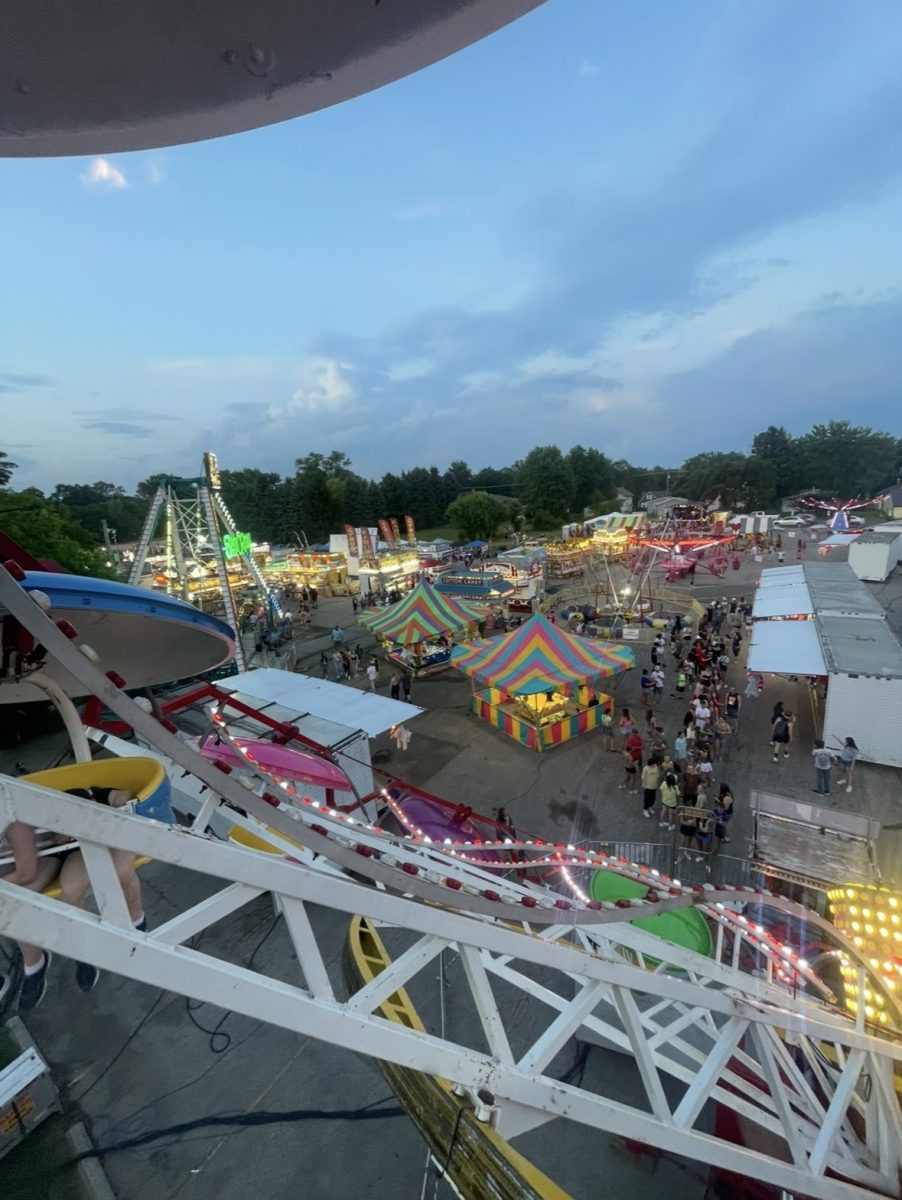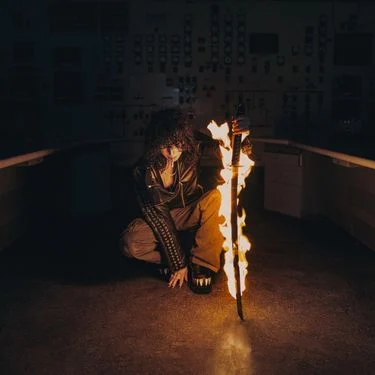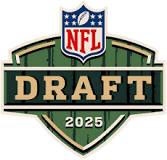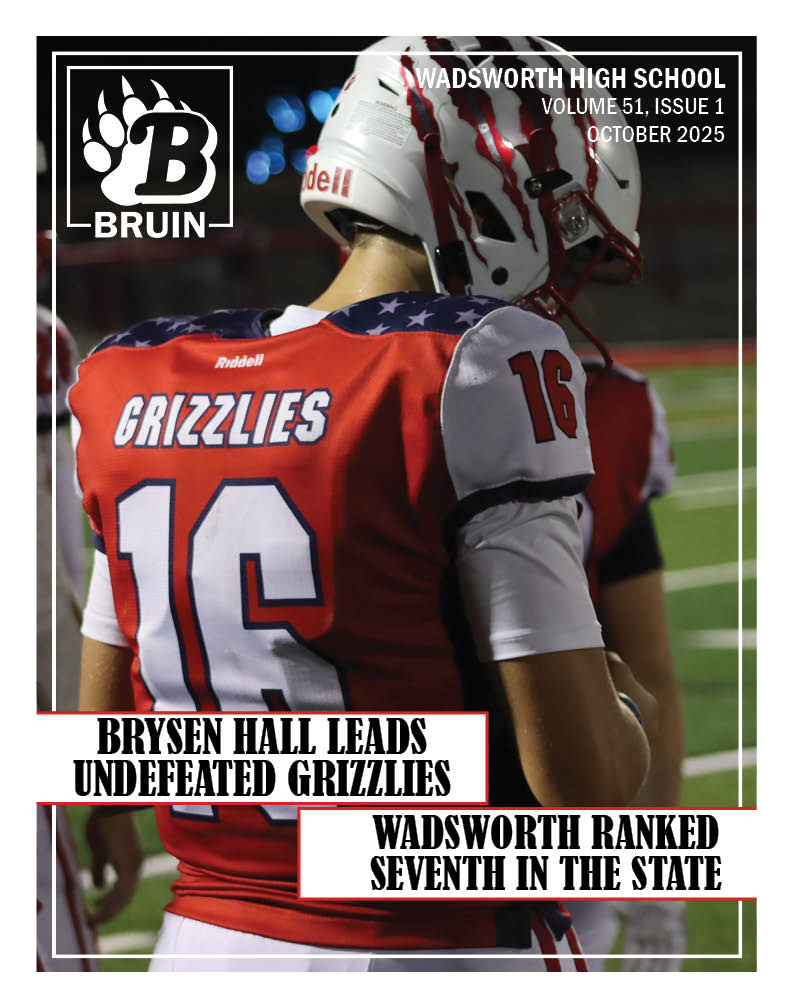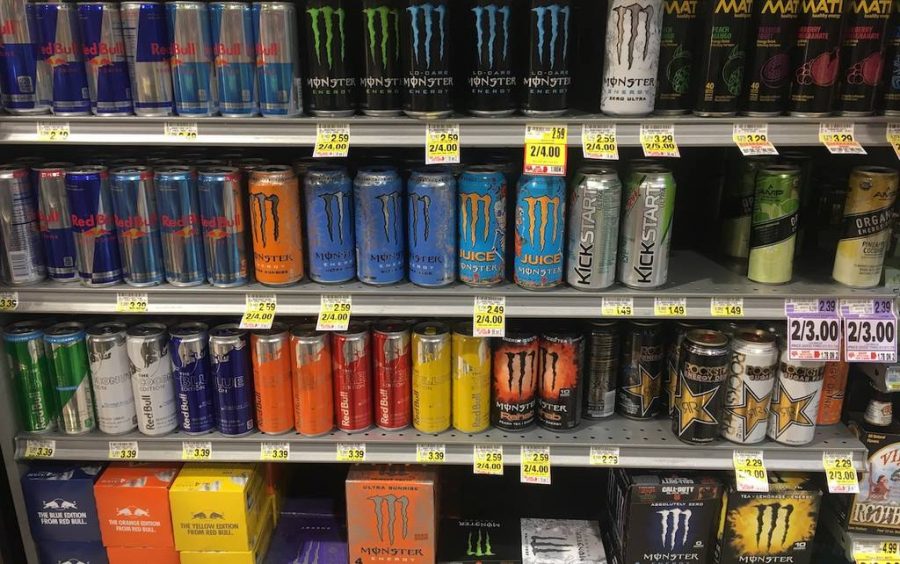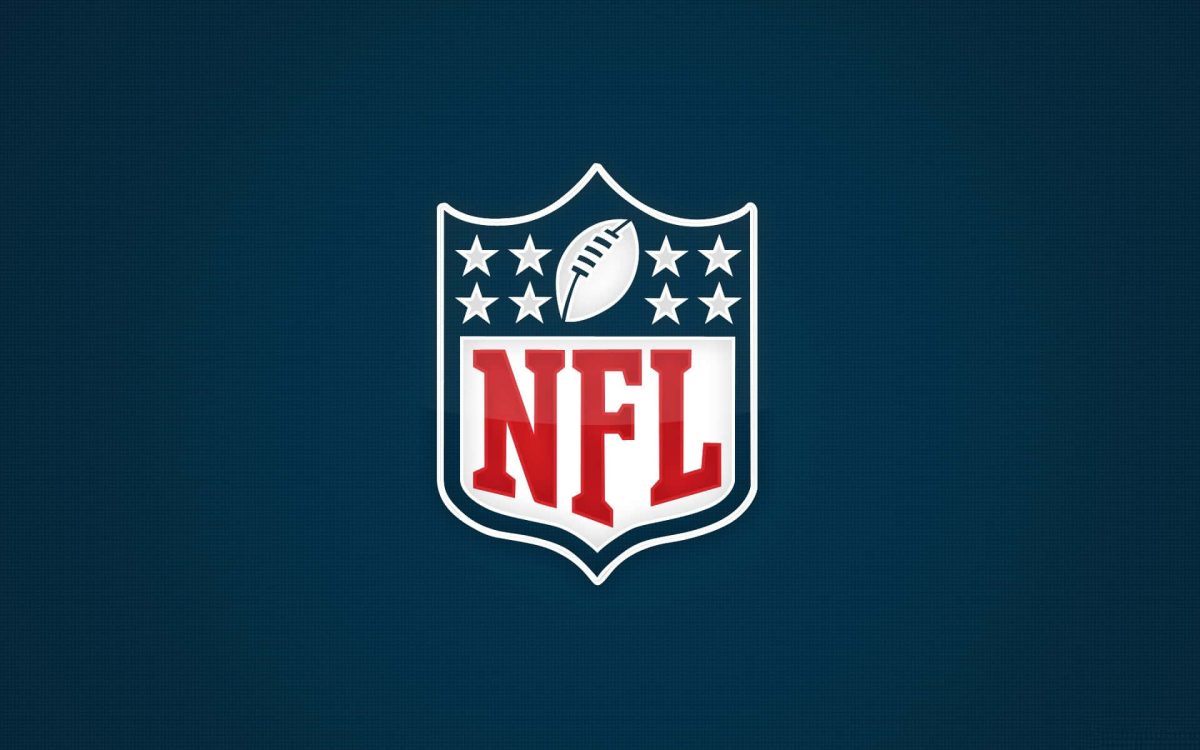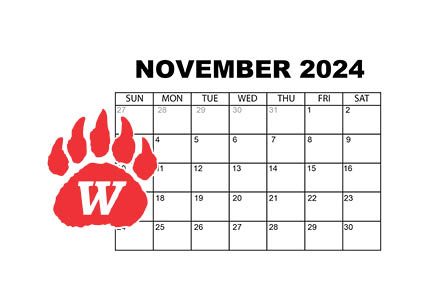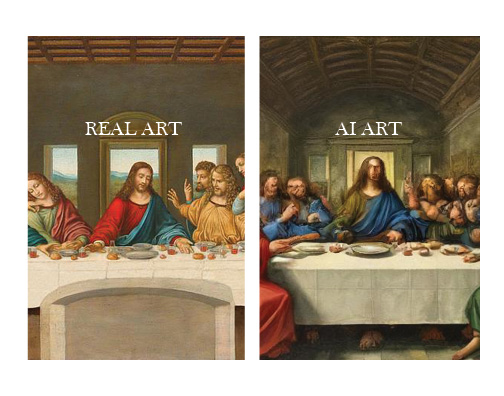OPINION BY KATIE GRIFFIN & LEZLIE TINNEY
Energy drinks often contain double the amount of caffeine found in a singular cup of coffee. With the popularity of energy drinks growing amongst adolescents, studies have been conducted to find the real dangers within these drinks that are filled with excessive amounts of sugar and caffeine.

Tiffani Hecht recently had her TikTok account blow up after posting about her current health situation, which she believes to be caused by overconsumption of energy drinks throughout her life, specifically within her teen years. The viral TikTok, obtaining over 13.6 million views shows a compilation of Hecht consuming a variety of energy drinks and joking that ¨Drinking energy drinks every day like they’re water” led to the development of a tumor in her liver.
Energy drinks contain a large amount of caffeine, and the risks associated with consuming that amount of caffeine are not always listed on the packaging.
“Energy drinks often contain more than twice the amount of caffeine as a cup of coffee, but manufacturers aren’t required to list or limit the amount,” said Harlan Spector a Northeast Ohio writer, editor and communications consultant in an article about the risks of energy drinks. ”The Food and Drug Administration limits caffeine in sodas – but not energy drinks because these are frequently marketed as dietary supplements.”
Energy drinks are also often targeting their sales and marketing towards younger people.
“They are targeting a specific group, and people are starting to realize these drinks are being over consumed,” Dr. Liebig, a sports medicine professional said in an Akron Children’s Hospital article pertaining to the dangers of energy drinks. “Between 30 and 40 percent of adolescents are consuming energy drinks regularly. These drinks aren’t benign. The amounts of caffeine can be dangerous for some kids.”
Wadsworth High School students have had their own negative experiences when consuming energy drinks.
“I did notice a high heart rate, and weight gain [when drinking multiple energy drinks per week]. I had a harder time sleeping and my mouth got dry during this time,” said Brent Yergin, WHS sophomore. “After I quit drinking them in eighth grade to freshman year, I noticed that the worst energy drinks are probably pre workout based ones and Bangs [a brand of energy drink] due to the harmful caffeine amount.
Energy drinks are specifically causing problems within youth populations, but so are other heavily caffeinated beverages.
“Caffeine quickly adds up, more than people may realize,” Dr. Liebig said. “You can be in the toxic range before you know it.”
Caffeine, however, is not necessarily the issue with energy drinks in Hecht’s situation.
“So I think the misunderstanding here is that the caffeine is to blame. The caffeine had nothing to do with the tumor in my liver,” Hecht said. “Likely it was the sugar and other ingredients in the energy drinks that helped the growth.¨
Hecht can not say for a fact that energy drinks caused her situation, but she believes there are few other things to blame.
“There is no way to pinpoint what exactly caused the growth of tumors. You can only speculate and rule things out,” Hecht said. “So for me: I rarely drink, don’t smoke, no drugs ever, I was only on birth control for a couple of months back in high school, no diabetes, no chance of hepatitis, etc. So when doctors rule things like that out you start to look at food and diet”
Hecht believes that the way she was consuming energy drinks was not the healthiest choice either.
“My diet has always been poor due to some eating and body issues I’ve had since high school. I have always drank lots of energy drinks in place of food (not recommended at all). There was one point in my life where I was drinking four energy drinks a day,” Hecht said. “So I think if you were not to abuse energy drinks you would be perfectly fine. But I obviously did abuse them for sure and since they were likely a high contributing factor to my tumor, I ended up completely cutting them out.”
Hecht notes that she only made her TikTok video for fun, and was not trying to attack energy drink brands.
“When I made the TikTok video it was supposed to be like a “haha” for me and my friends since I had actually just found out that same day that the tumor had grown in the last nine months. I was coping,” Hecht said. “I want to be clear that I was never blaming energy drinks or Red Bull or Dutch Bros for my tumor. I willingly consumed them myself, and I also was never looking for pity.”
Energy drinks can come with risks, but so do most other beverages with high caffeine and sugar levels. When consumed properly and occasionally, related health concerns are often few and far between.

